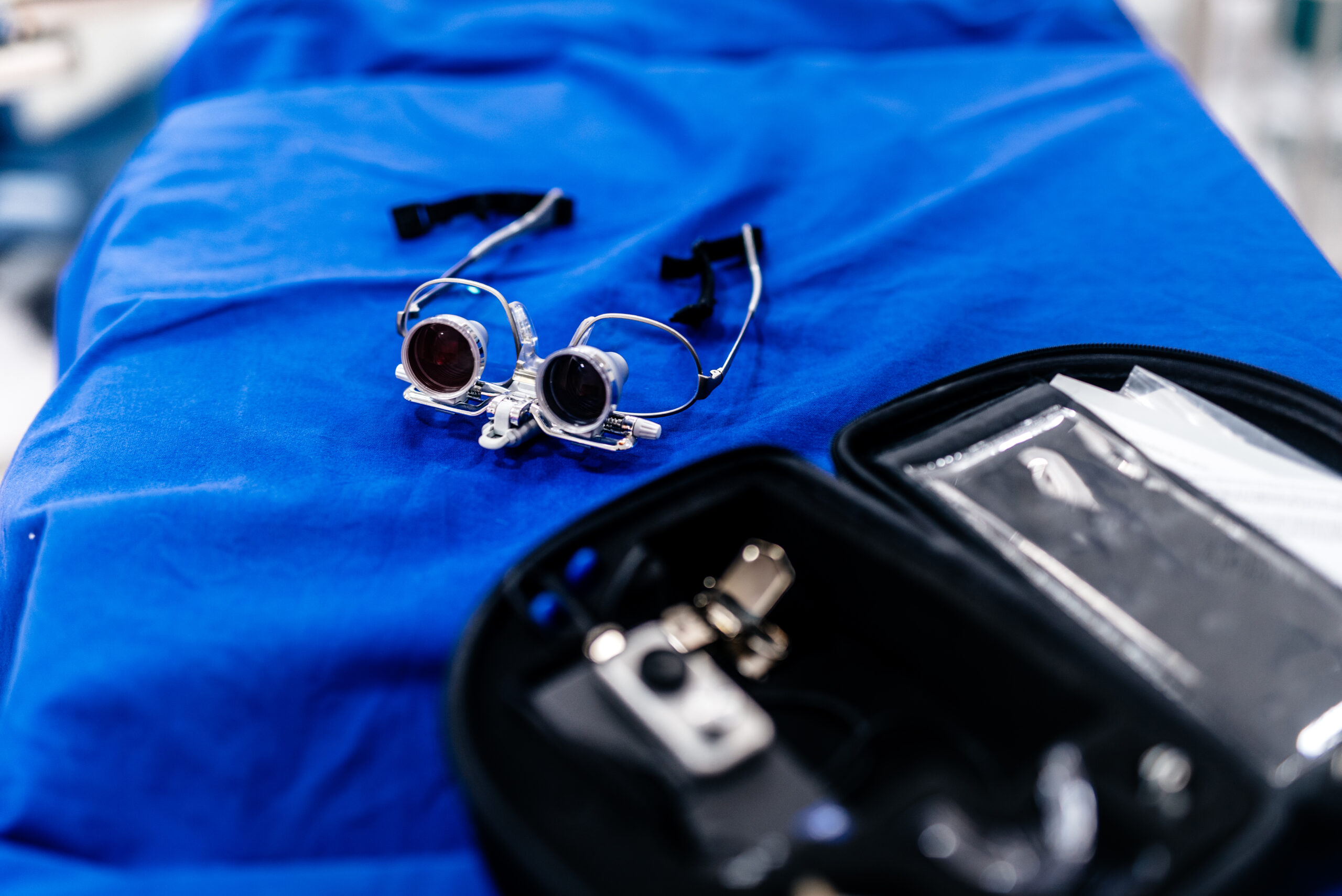
The Role of Gratitude in Dental Practice
According to a recent survey released by the John Templeton Foundation, people are less likely to feel or express gratitude at work than any other place. And their feeling of appreciation toward their current jobs, ranked dead last on their list of things they are most grateful for.
Oddly, this outcome isn’t because people don’t crave receiving gratitude at work. Ninety-three percent of those surveyed agreed that their bosses are more likely to succeed if they expressed gratitude more often, and only 18 percent thought that expressing gratitude made their bosses “weak,” or hurt the organization. Additionally, the majority surveyed reported that hearing “thank you” from others at work made them feel better about themselves and more motivated.
So, What Gives?
Why is something which is so obviously appreciated and helpful so frequently withheld? Why do Americans actively suppress gratitude at work, even to the point of robbing themselves of happiness and all its benefits?
The answer lies within the nature of our “reptilian” brain which lies buried underneath or logical neocortex. Our brainstem, midbrain, and limbic system are constantly surveying the environment to determine if we are safe as well as where we are within our tribe social status-wise, as well as how our tribe ranks relative to other tribes.
As a result, we are slow to give support and appreciation to others because it might change the organization of our social structure in such a way that we might personally lose out. Another way of saying this is that we are all built on a neurobiological level to be inherently selfish.
Overcoming Our Silence
The role of gratitude in dental practice should be a positive, intentional one that makes every single care team member feel values. When they feel good about themselves and their contributions, performance will rise. To this end, we must consciously work at overcoming our tendency to remain silent and ignore other people’s contributions and exceptional performances. And how can we do this?
- Make gratitude part of your practice culture from the top down. One of the biggest takeaways from research on workplace gratitude is that your care team needs to hear “thank you” from the doctor regularly. This is because it’s up to the people with the most social, political, and financial power to clearly, consistently, and authentically thank, in both public and private settings, those who have helped their status. In other words, we need to lift everyone else around us. Rising tides should lift all boats.
- Gratitude should also be built into your performance reviews and staff meetings, where time can be allocated for each person to say “thanks” to others on the team for being thoughtful and pitching-in at critical moments.
- Thank those who seem to never get thanked. Thanking those who do important, but easy-to-take-for-granted work is key. Your office cleaning crew, your UPS delivery person, the mailman, your accountant… You get the picture. These simple gestures improve morale and increase trust, and therefore increase performance.
- Aim for quality thankfulness, not quantity. Forcing your team to be grateful to one another won’t work if they’re harboring resentment and other unresolved issues which remain untouched. Hence, forcing gratefulness as a strategy is not “cultural,” its superficial and doesn’t work. Instead, it can feed upon the power imbalances which undermine gratitude in the first place, and therefore make expressions of gratitude feel inauthentic.
The key is to create times and spaces that foster the voluntary, spontaneous expression of gratitude such as morning huddles and regular team development meetings.
Many of you are already doing these things, but are you doing them frequently enough and with the right intentions?
Related Course
E2: Occlusal Appliances & Equilibration
DATE: May 3 2025 @ 8:00 am - May 7 2026 @ 2:30 pmLocation: The Pankey Institute
CE HOURS: 44
Dentist Tuition: $ 7500
Single Occupancy with Ensuite Private Bath (per night): $ 355
What if you had one tool that increased comprehensive case acceptance, managed patients with moderate to high functional risk, verified centric relation and treated signs and symptoms of TMD? Appliance…
Learn More>







Thank you for this helpful piece, Paul. I need to be reminded sometimes to be a source of positive energy in my office. I have so much to be grateful for, yet sometimes I succumb to stress and impatience. This article was a nice gift today.
Thanks 🙂
Thanks Paul—Great reminder to live in abundance! I also think reorganizing our work relations where it’s less top down and more collaborative is a key piece towards a healthy work environment. A culture where everyone is equally valued and supports the fact that each person has an unique perspective is essential in cultivating more gratitude. Leadership and gratitude can come from all—not just the top!
Thank you Christine!